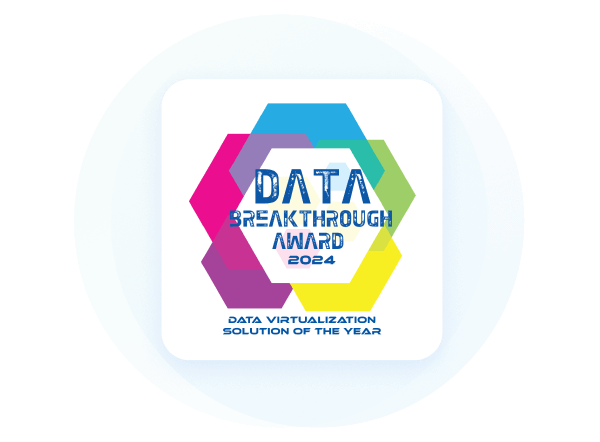Discover how a bimodal integration strategy can address the major data management challenges facing your organization today.
Get the Report →How to work with Odoo Data in Apache Spark using SQL
Access and process Odoo Data in Apache Spark using the CData JDBC Driver.
Apache Spark is a fast and general engine for large-scale data processing. When paired with the CData JDBC Driver for Odoo, Spark can work with live Odoo data. This article describes how to connect to and query Odoo data from a Spark shell.
The CData JDBC Driver offers unmatched performance for interacting with live Odoo data due to optimized data processing built into the driver. When you issue complex SQL queries to Odoo, the driver pushes supported SQL operations, like filters and aggregations, directly to Odoo and utilizes the embedded SQL engine to process unsupported operations (often SQL functions and JOIN operations) client-side. With built-in dynamic metadata querying, you can work with and analyze Odoo data using native data types.
Install the CData JDBC Driver for Odoo
Download the CData JDBC Driver for Odoo installer, unzip the package, and run the JAR file to install the driver.
Start a Spark Shell and Connect to Odoo Data
- Open a terminal and start the Spark shell with the CData JDBC Driver for Odoo JAR file as the jars parameter:
$ spark-shell --jars /CData/CData JDBC Driver for Odoo/lib/cdata.jdbc.odoo.jar - With the shell running, you can connect to Odoo with a JDBC URL and use the SQL Context load() function to read a table.
To connect, set the Url to a valid Odoo site, User and Password to the connection details of the user you are connecting with, and Database to the Odoo database.
Built-in Connection String Designer
For assistance in constructing the JDBC URL, use the connection string designer built into the Odoo JDBC Driver. Either double-click the JAR file or execute the jar file from the command-line.
java -jar cdata.jdbc.odoo.jarFill in the connection properties and copy the connection string to the clipboard.
![Using the built-in connection string designer to generate a JDBC URL (Salesforce is shown.)]()
Configure the connection to Odoo, using the connection string generated above.
scala> val odoo_df = spark.sqlContext.read.format("jdbc").option("url", "jdbc:odoo:User=MyUser;Password=MyPassword;URL=http://MyOdooSite/;Database=MyDatabase;").option("dbtable","res_users").option("driver","cdata.jdbc.odoo.OdooDriver").load() - Once you connect and the data is loaded you will see the table schema displayed.
Register the Odoo data as a temporary table:
scala> odoo_df.registerTable("res_users")-
Perform custom SQL queries against the Data using commands like the one below:
scala> odoo_df.sqlContext.sql("SELECT name, email FROM res_users WHERE id = 1").collect.foreach(println)You will see the results displayed in the console, similar to the following:
![Data in Apache Spark (Salesforce is shown)]()
Using the CData JDBC Driver for Odoo in Apache Spark, you are able to perform fast and complex analytics on Odoo data, combining the power and utility of Spark with your data. Download a free, 30 day trial of any of the 200+ CData JDBC Drivers and get started today.








